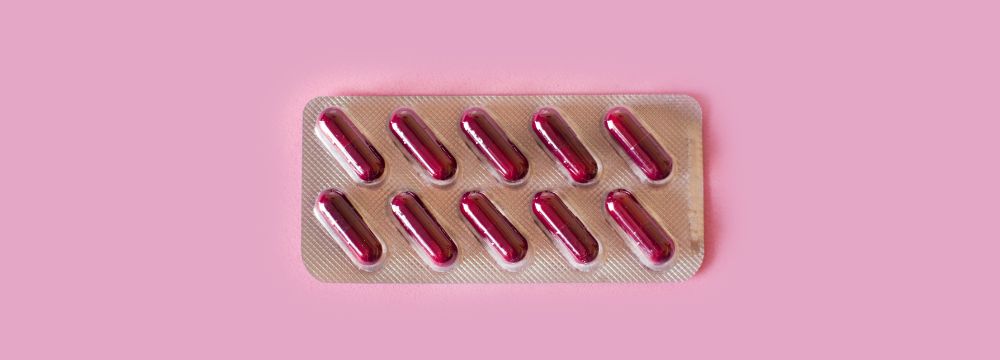A clinical study published in early 20191 followed patients with continued moderate-to-severe regurgitation after single dose omeprazole – A common PPI (Proton Pump Inhibitor) for stomach acid. Some patients were assigned to a group that underwent a procedure to implant the LINX magnetic sphincter augmentation device while others were given a second daily dose of PPI inhibitor. Subjects were followed for five years to see how each intervention affected their symptoms.
Background Information
When a patient often suffers from heartburn and regurgitation, they may be classified as having gastroesophageal reflux disease or GERD. This is distinct from occasional acid reflux, which is perfectly normal. Those with GERD usually have a mechanical deficiency in the lower esophageal sphincter or LES, whereby the one-way valve starts to allow acid to regurgitate back into the esophagus. Because of the sensitive lining of the esophagus, this acid can cause significant discomfort. Over time, this can lead to a condition known as Barrett’s Esophagus and eventually esophageal cancer.
Most patients begin treatment for GERD with medication– either antacids, which neutralize acids in the stomach or Proton Pump Inhibitors (PPIs), which inhibit stomach acid production. Both are effective only as long as they’re being taken and require consistent daily dosages. However, long-term, medical intervention may become less effective, and potentially have significant side effects.
The LINX Device was created to add mechanical pressure to the LES. This is achieved using a small magnetic-clasped bracelet made up of titanium beads placed around the LES. The goal of the LINX Device is to provide sufficient pressure to stop acid from refluxing into the esophagus while also allowing food and drink to easily pass into the stomach
Results of the Study
The study sought to find out if the LINX device was more effective than an increased dose of PPI. Results were universally favorable for the LINX Reflux Management System. Key data includes:
- Relief from regurgitation– 89% for LINX patients versus 10% for PPI patients
- Improvement in Gerd HR QL score 81% versus 8%
- Satisfaction with current condition 81% versus 2%
- Normal reflux episodes 91% versus 58%
- Normal DeMeester score 89% versus 71%
- Normal pH 89% versus 75%
SAMPA’s Take
The results of the study clearly show that the implantation of the LINX Reflux Management System offers superior relief from the symptoms of GERD versus increasing the dosage of PPIs. Of course, this will not be the case for every patient and as such patients are selected very carefully at our center.
“When the LINX device was first introduced, we immediately saw the potential in both effectiveness and long-term relief when compared to a Nissen Fundoplication or common medications. Not only does the LINX device offer a curative solution without the long-term side effects of medication in appropriate patients, but it improves upon many of the significant drawbacks of a fundoplication,” Says Dr. Forrest Ringold, one of the seven specialized surgeons at Surgical Association of Mobile. “As a practice, we have already implanted dozens of LINX devices and seen excellent results and phenomenal patient satisfaction from the experience.”
To learn more about the LINX procedure and how it can help qualifying patients reduce or eliminate their symptoms of GERD, we encourage you to visit our LINX Reflux Management System page. Setting up a consultation with one of our surgeons is the next step to living a life free of moderate to severe chronic acid reflux.
References
1Bell R, Lipham J, Louie B, et al. Laparoscopic magnetic sphincter augmentation versus double-dose proton pump inhibitors for management of moderate-to-severe regurgitation in GERD: A randomized controlled trial. Gastrointestinal Endoscopy. 2018.




